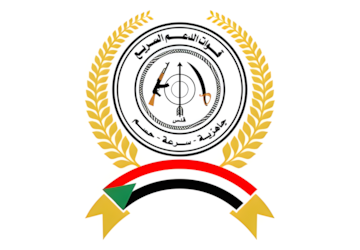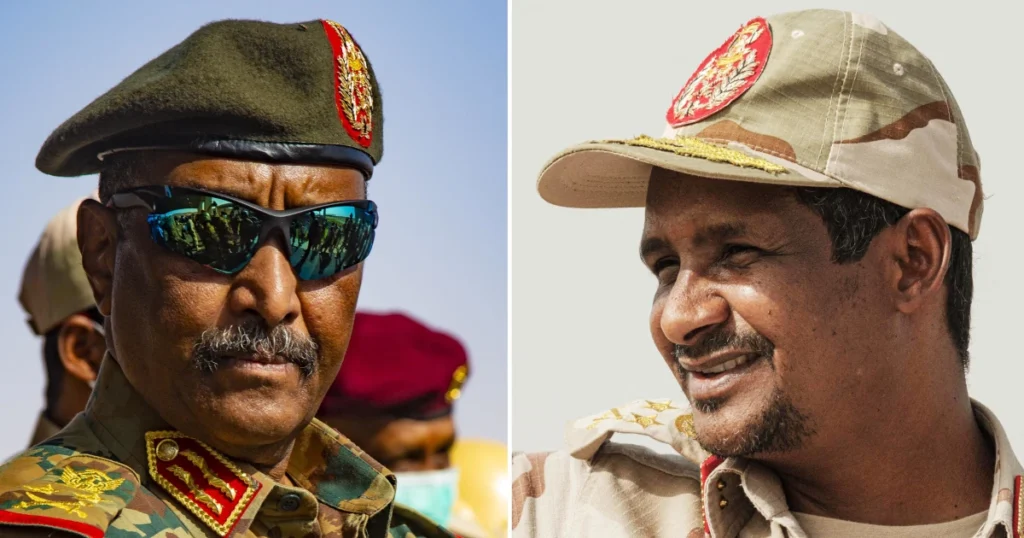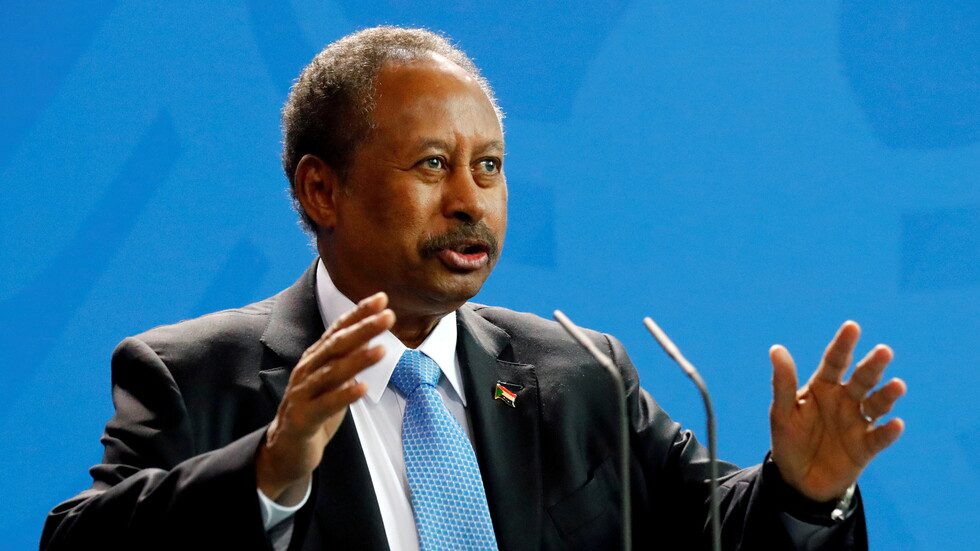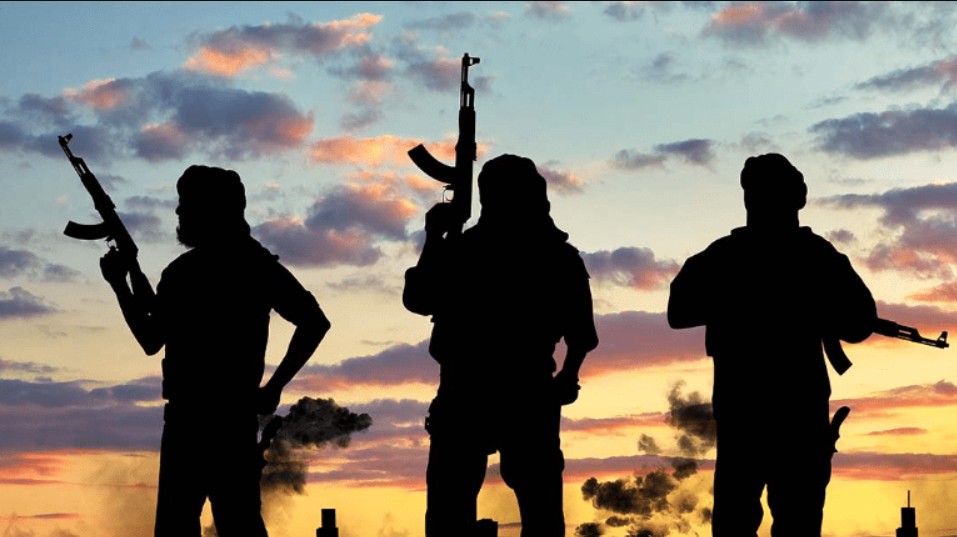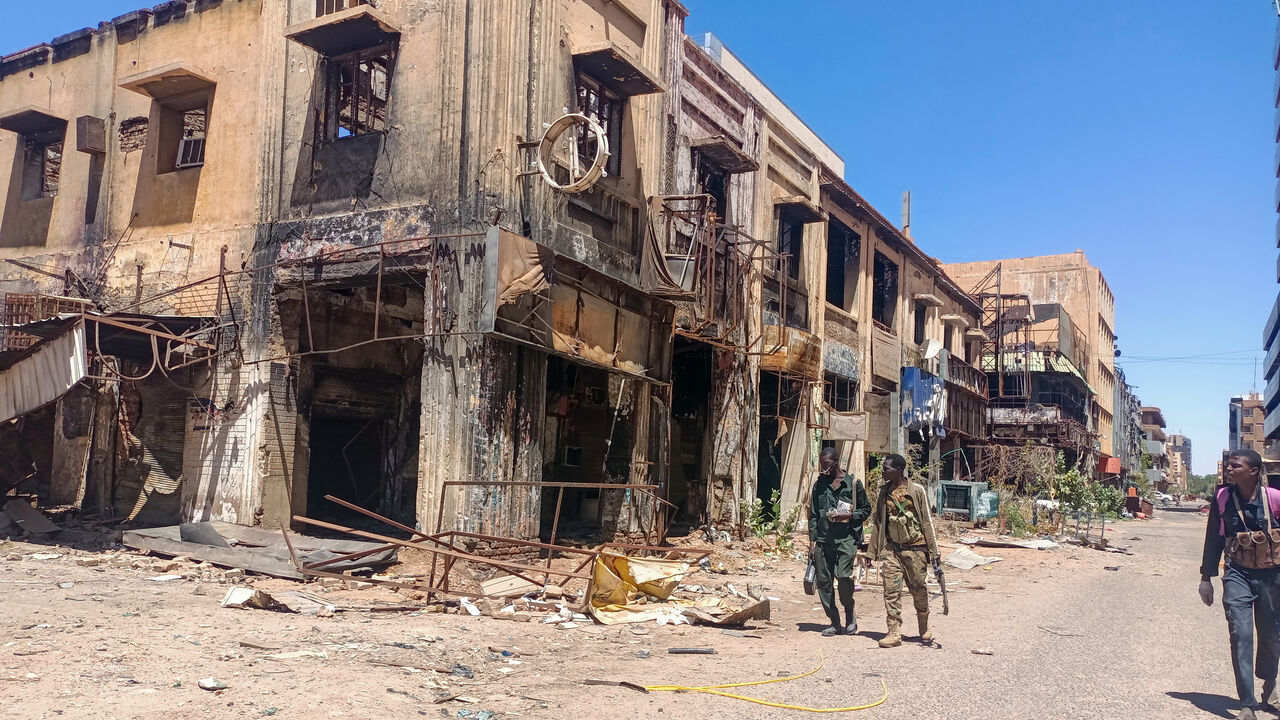
The Rapid Support Forces’ capture of El-Fashir, the capital of North Darfur, on October 26 is being cast by supporters as a watershed moment in Sudan’s civil war, now in its 19th month. Beyond a single battlefield victory, control of the city is seen as a strategic shift that could accelerate moves toward a conclusive outcome.
By taking El-Fashir after roughly 600 days of fighting with forces loyal to the Port Sudan-SAF junta under Abdel Fattah al-Burhan, the RSF now effectively dominates Sudan’s western depth. With El-Fashir long described as the SAF’s last stronghold in Darfur, the capture leaves the vast region—about a quarter of Sudan’s land area—without a significant foothold for Burhan’s forces, according to this view.
El-Fashir’s location heightens its value. Roughly 800 km west of Khartoum and about 195 km from Nyala, it is the only major urban center still reachable from northern Sudan and sits near borders with Chad and Libya. That positioning places the RSF on the main overland route for humanitarian aid moving from Port Sudan to Darfur and potentially strengthens its leverage in any talks as air strikes intensify. The frontier access could also provide political, military, and economic breathing room beyond the reach of Port Sudan junta, including supply lines and links with armed groups in fragile border zones.
Darfur’s resources add another layer. The region holds significant livestock and mineral wealth, offering the RSF potential economic advantages in a financially draining conflict.
RSF statements say the campaign will now accelerate to consolidate gains across Darfur. Analysts who see El-Fashir as a major breakthrough argue it could shorten the war by tilting the balance of power, boosting morale, and altering operational strategy—especially if RSF pressure increases around El Obeid and Babanusa and pushes corridors toward the north.
Politically, holding an area the size of a medium-sized country could enable the RSF and allied civilians to build out civilian governance from cities like Nyala, further eroding Burhan’s claim to national authority and deepening splits among his backers in Port Sudan. That, advocates say, could hasten a negotiated settlement—or pave the way for an RSF-led attempt to “refound” the state on new civilian terms.

